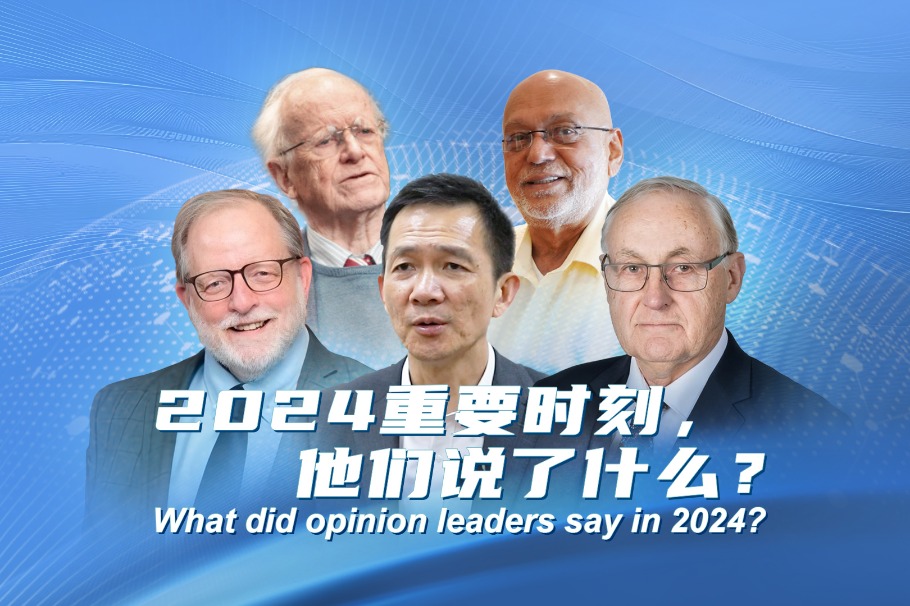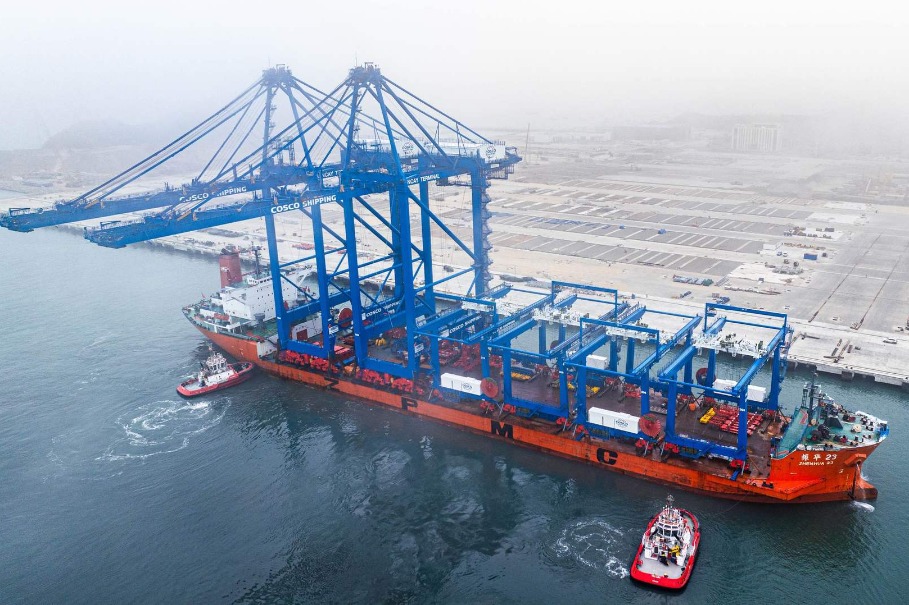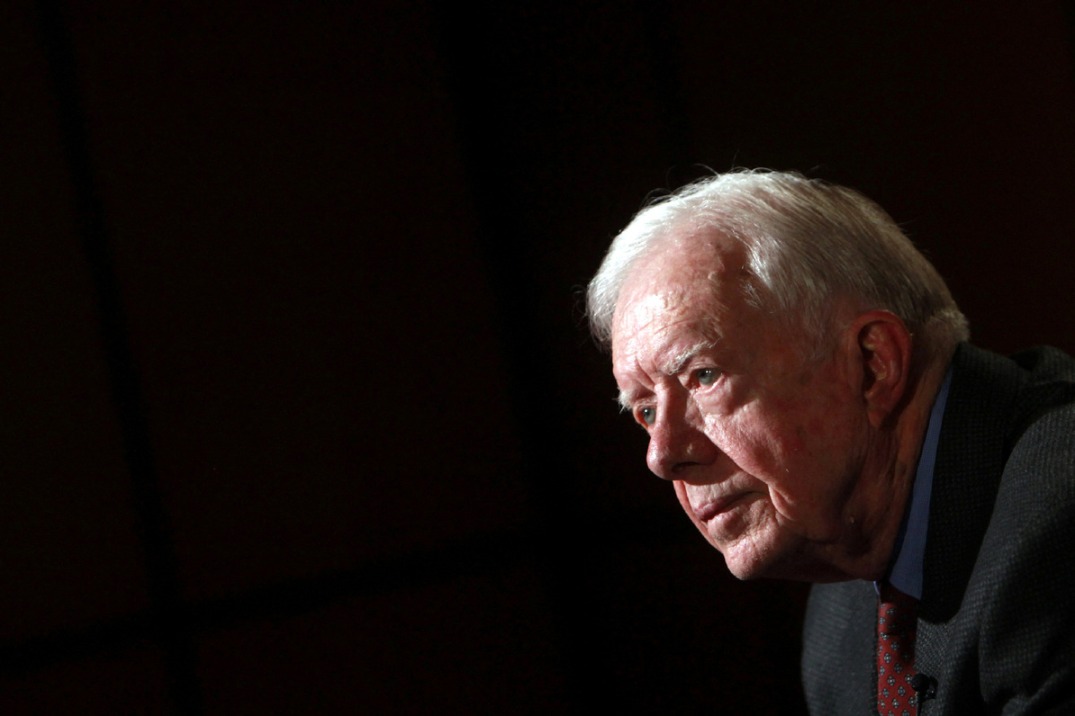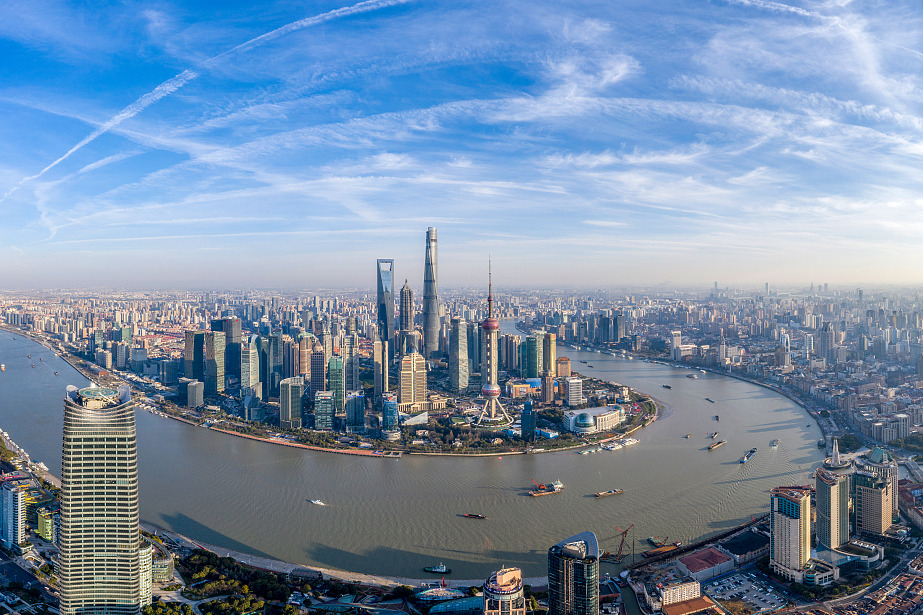German chancellor makes clear his opposition to a new Cold War


German Chancellor Olaf Scholz will visit China on Friday with a delegation of business leaders. He is the first European Union leader to visit China since the conclusion of the 20th National Congress of the Communist Party of China, which reiterated China’s policy of deepening reform, expanding high-quality opening-up and upholding peaceful development.
Days after the 20th Party Congress, the Ministry of Commerce and the National Development and Reform Commission released the 2022 catalogue of industries to attract more foreign investments, reflecting China’s commitment to further reform and higher-level opening up.
All these are reassuring signs for people studying China’s future development path.
Despite the reckless anti-China campaign led by Washington and the excessive US influence on many EU member states, Scholz has made clear his support for economic globalization and opposition to de-globalization. He has also denounced some countries’ attempts to decouple from the Chinese economy.
China has been Germany’s largest trade partner for the past six years, and German businesses have a huge presence in China, from power generation to car appliances and cookware.
The hysterical fearmongering against China in a globalized world of economic interdependence should not prevent China and Germany from pursuing win-win cooperation. The two economies complement each other in many fields while their companies cooperate and compete with each other in the global marketplace.
The announcements by German companies such as BASF and Merck, during the past months, to increase investment in China and the huge investments made in China’s electric vehicle sector by German automakers such as Volkswagen bode well for bilateral economic cooperation.
At the IAA Munich and IAA Hanover, two shows featuring electric mobility and carbon-neutral transportation, which I have covered in the past two years, Chinese and German companies demonstrated their respective strengths not only in innovation but also cooperation in developing new, more efficient products.
Such cooperation and interdependency are welcome because the alternative will be a brutal and divided world, which could trigger a new Cold War. And Germany knows well the consequences of such a scenario, because it has suffered more than any other country by having been painfully split into two parts due to the Cold War.
Everyone will be worse off in such a divided world. And it will be impossible to effectively tackle common challenges and existential threats like climate change, nuclear proliferation, pandemics and slowing global growth.
While Scholz is on his first visit to China as German chancellor, he is no stranger to the country, because he is a former mayor of Hamburg, which a sister city of Shanghai, and has occupied senior positions in previous German Cabinets.
China and Germany have many common interests but also differences, some long-standing ones. These differences can only be resolved through dialogues based on mutual respect, instead of shunning each other.
Some Western media outlets have said that now that Scholz is visiting China, he’d better raise the issue of wider access to the Chinese market with top Chinese leaders. But it is the European Parliament that has blocked the ratification of the China-EU Comprehensive Agreement on Investment, which would have given EU companies wider access to the vast Chinese market. Therefore, the European Parliament should ratify the CAI as soon as possible, not as a favor to China but to help boost the EU economy and companies.
Germany has been playing a critical role in global affairs. In 2003, the German government under then chancellor Gerhard Schroder, a Social Democrat, opposed the US-led war in Iraq, a decision that has withstood the test of time despite being vehemently criticized by many at the time. That Scholz was the general secretary of the Social Democratic Party at the time speaks volumes of his farsightedness and sharp analytical mind.
This time, Scholz, as German chancellor, has made clear his opposition to a new Cold War with his visit to China, because he knows that would spell disaster for the entire world.
The author is chief of China Daily EU Bureau based in Brussels.
chenweihua@chinadaily.com.cn


































